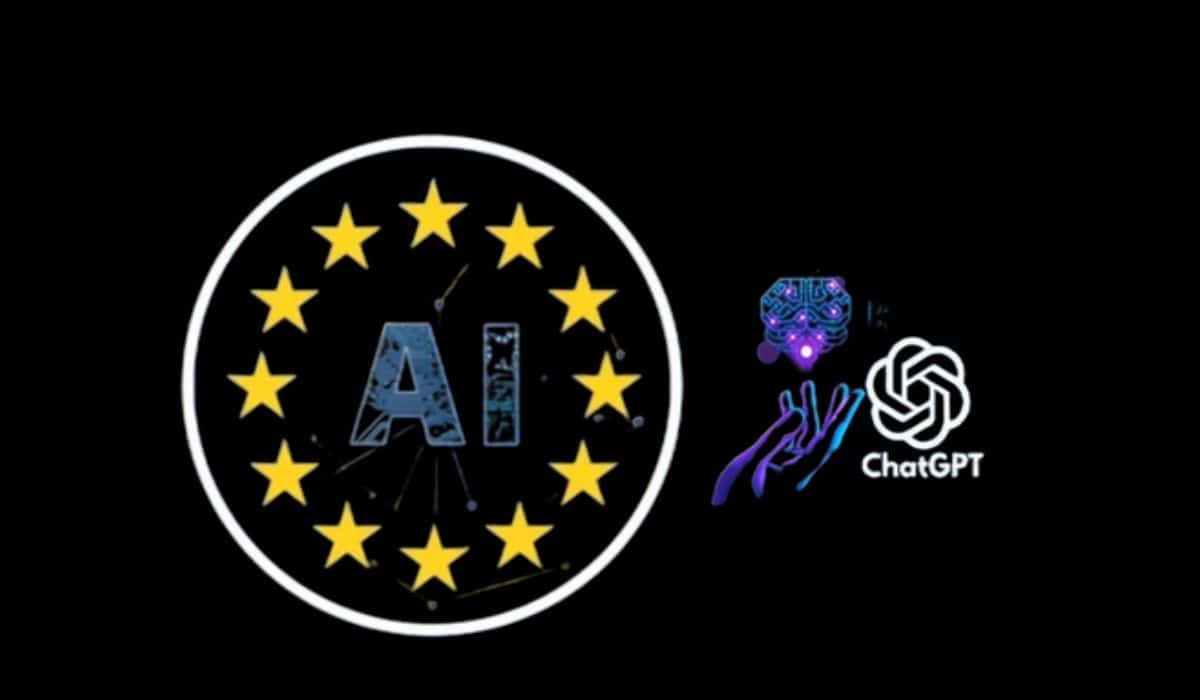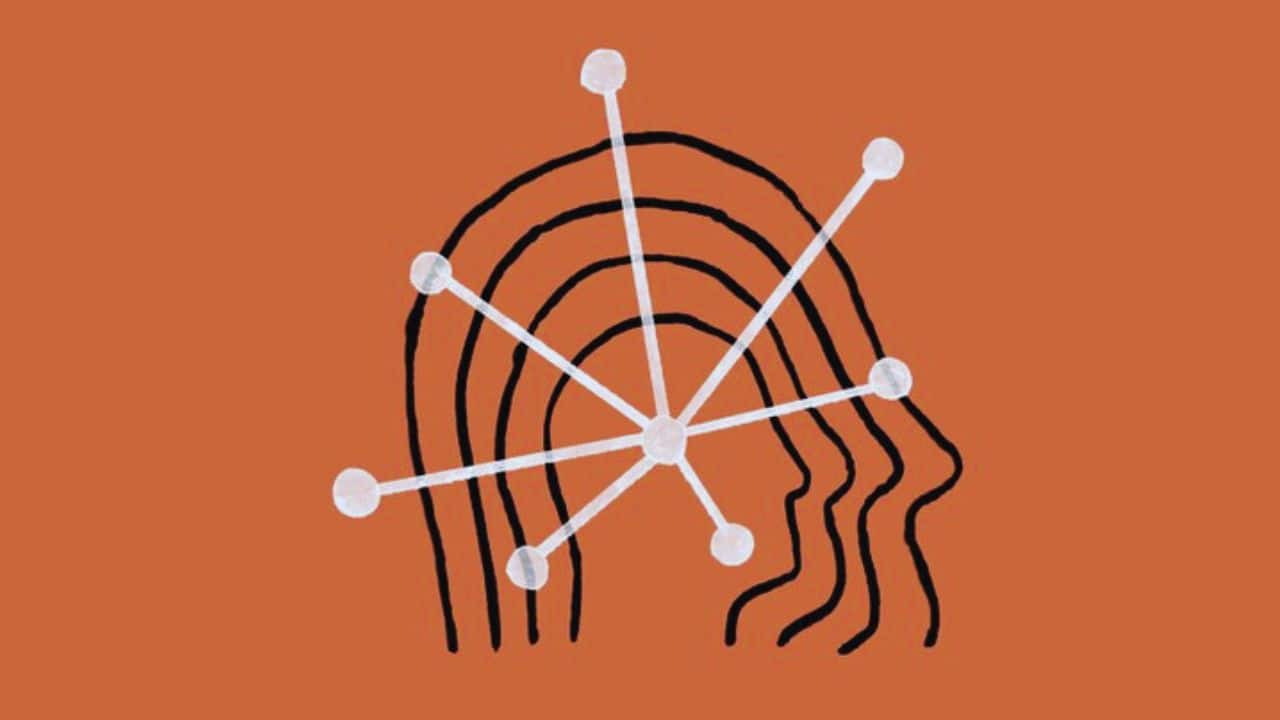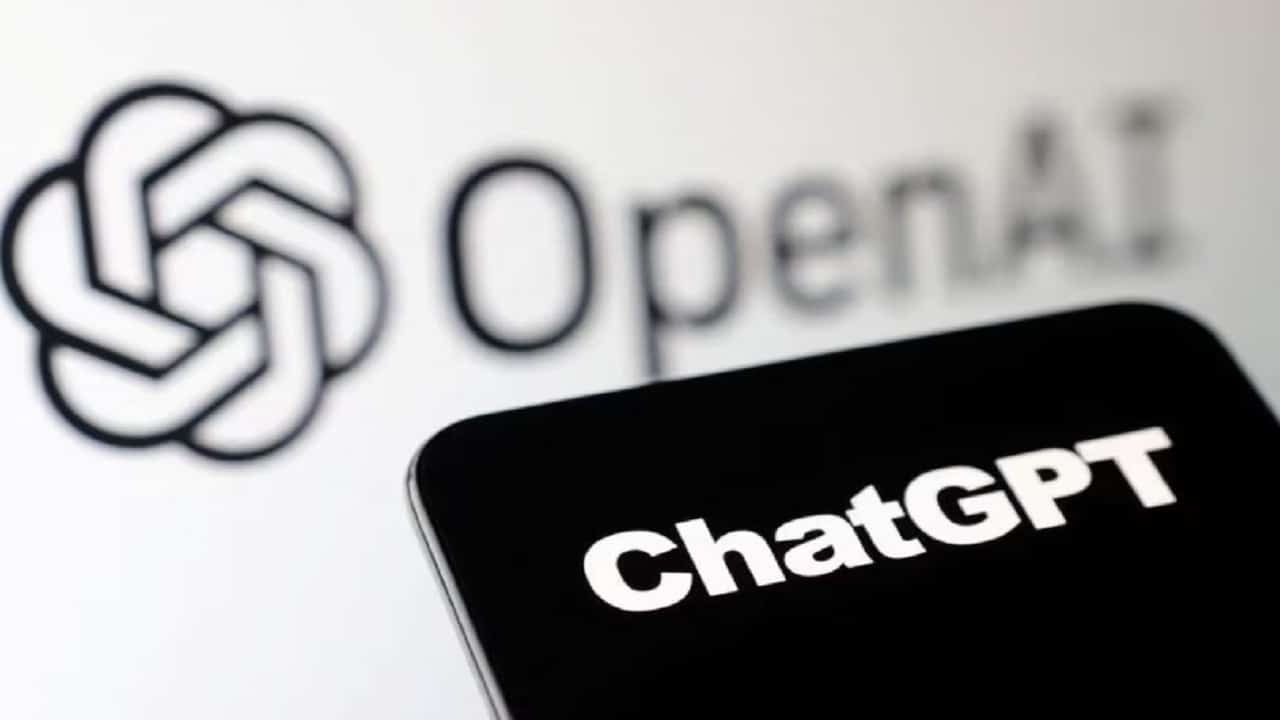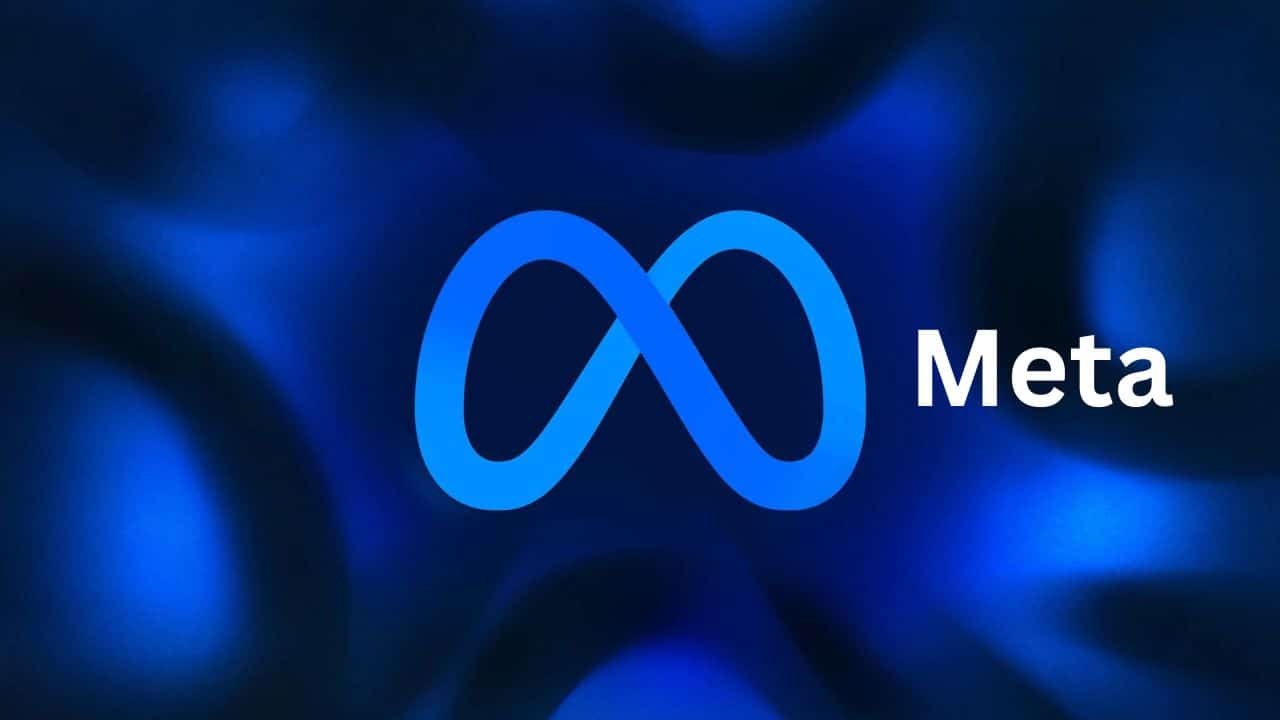Generative AI tools, like ChatGPT, are causing a bit of a stir. Big tech players, including Apple, are raising eyebrows and are not too keen on using third-party versions of this tech internally. And Europe? They’re on the fence too.
Apple Insider recently dropped some tea: OpenAI, the brains behind ChatGPT, might pack its bags and leave Europe. Why? Well, the EU is cooking up this AI Bill with rules and guidelines to make sure we can all trust AI. And it seems it might be a bit much for OpenAI’s liking.
Europe’s OpenAI Future is Uncertain
After a chat with the bigwigs from Spain, France, and the UK about the whole AI regulation thing, OpenAI’s head honcho, Sam Altman, seems a tad concerned. The European Union’s brewing up this AI bill, and from the sounds of it, Sam’s not a big fan of some parts.
He’s hinting that a few of these proposed rules might throw a wrench in how OpenAI does its thing in Europe. And with these new rules possibly kicking in by 2025, it seems there’s a bit of a ticking clock on the situation.
The current draft of the EU AI Law would be over-regulating, but we have heard that it will be withdrawn… There are so many things they could do like changing the definition of general purpose AI systems.
Altman, the big boss at OpenAI, recently gave his two cents on Europe’s AI bill. His stance? “If we can play by the rules, we’ll stay in the game. But if not, we might just sit this one out. There’s only so much tech can do, after all.”
What’s got him scratching his head? Well, the European Commission’s got this idea of slotting AI platforms into categories based on the ‘might-cause-a-ruckus’ meter. They’ve got four boxes to tick: minimal fuss, a bit of a bother, oh boy, and just nope. Depending on which box an AI ends up in, there’s a laundry list of must-dos for companies to operate in Europe. The idea? Keep AI safe, on the straight and narrow, and crystal clear.
And here’s the kicker: ChatGPT and its cousins, like GPT-4, might end up in the ‘oh boy’ category. That means OpenAI has to jump through some pretty serious hoops to stay in Europe’s good books, which also translates to more dollar signs.
These hoops? Think beefed-up security for users, a real-live human keeping an eye on things, top-notch info to steer clear of biases, and a log of user shenanigans just in case.
The whole AI Law saga began with a proposal back in April 2021. Little did we know then, big players like OpenAI and Google’s AI models would be taking center stage. The bill’s curtain call? Expected in 2023.











































